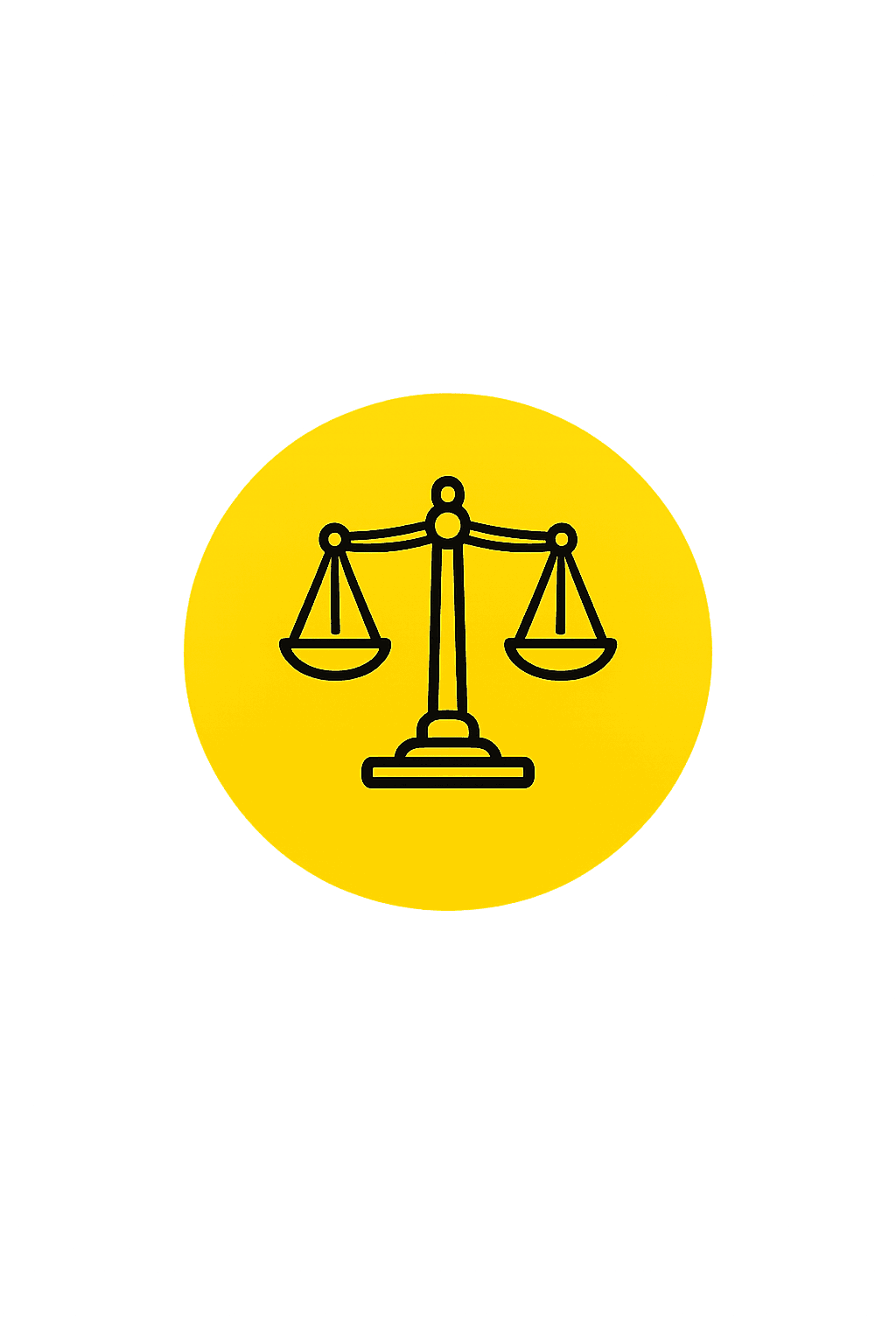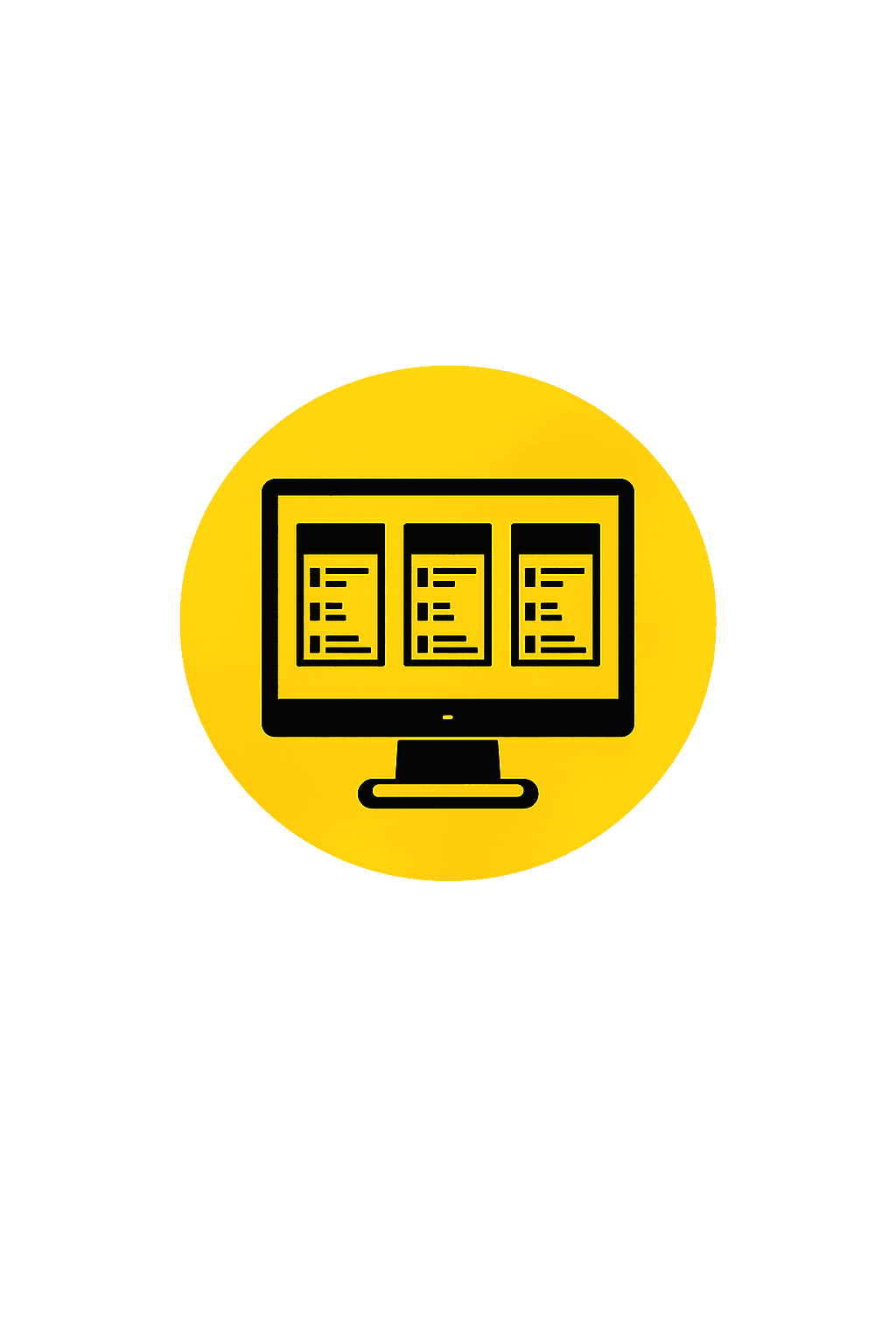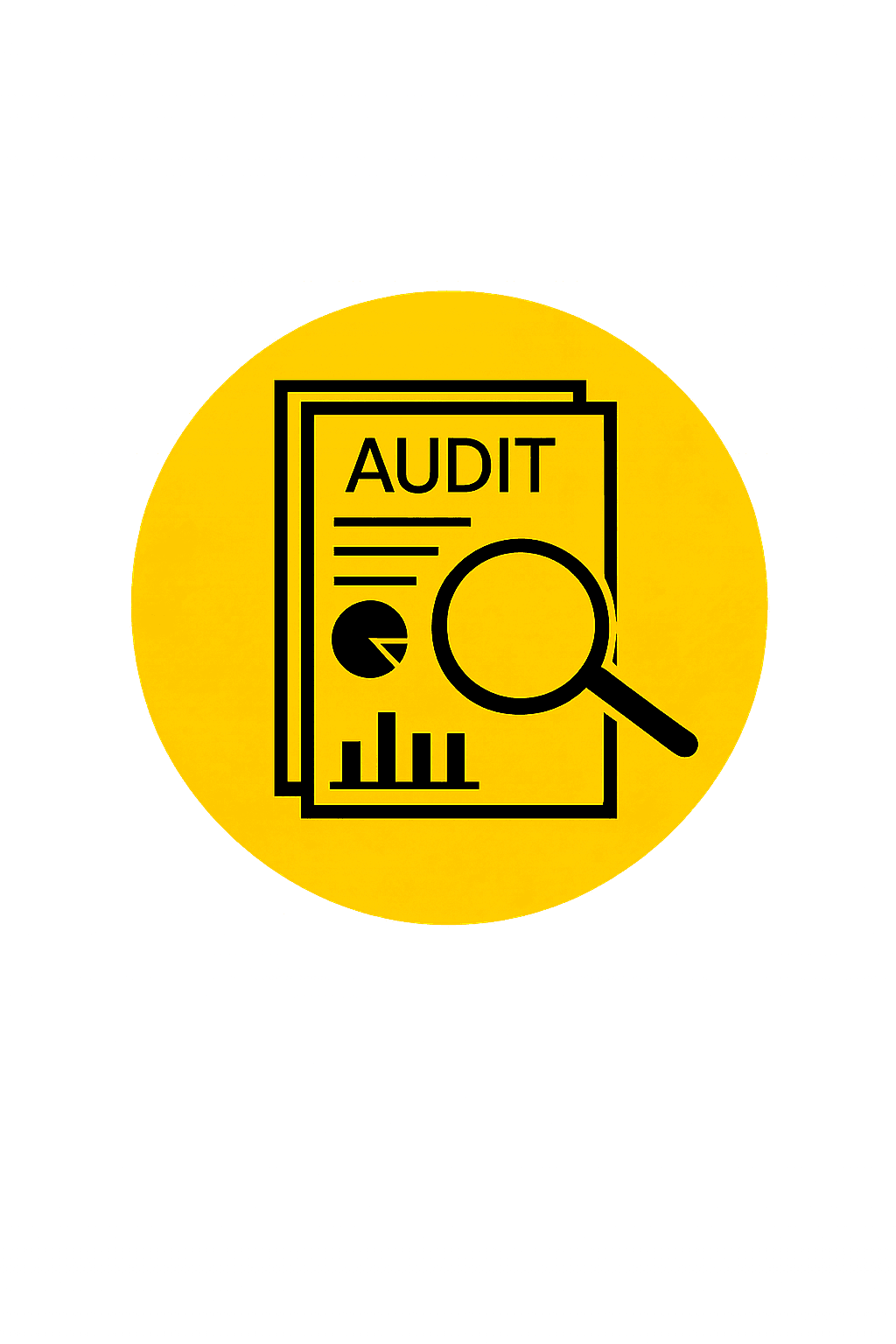Despite its small land area and population, Singapore is considered as one of Asia’s premier financial centers. This city-state has undergone rapid development since the early 2000s. Today, it is considered as one of the world’s premier banking hubs.
Singapore is slowly taking market share away from top wealth management and family office jurisdictions with the likes of Switzerland. Due to its rising popularity as a premier destination for investment company formation and wealth management, there comes an increased demand for a more efficient bank account and brokerage account set up process.
Opening a Singapore bank account as a foreigner doesn’t have to be a tedious and painstaking activity. This post will serve as a comprehensive guide for foreigners who wish to open a bank account in Singapore.
In essence, the best bank to open an account will depend on your own needs. In short, there isn’t a one-size-fits all bank that can meet the needs of all account holders. Continue reading to learn how to succeed in opening a bank account in Singapore.
Do Singapore non-residents need a Singapore bank account?
Whether you are in Singapore for work or studies, you will need a local bank account for day-to-day and special transactions. Having a Singapore bank account will allow you to withdraw cash from ATMs, send money, and receive money from overseas.
On the other hand, if you are looking to do business in Singapore, you will find it necessary to have a local account to settle transactions and fund your operations.
Will your credit rating affect your eligibility for a local account in Singapore?
The answer to this will largely depend on the type of account you are looking to open in Singapore. The majority of banks in Singapore do not look at credit rating of applicants. On the other hand, for specialized bank accounts, financial institutions will perform due diligence and credit rating checks on its applicants.
Who are eligible to open a bank account in Singapore?
Foreigners can open a bank account or two in Singapore given they meet certain eligibility criteria and provide important documents.
While the account opening process, documentation, and criteria requirements differ across banks, a foreigner will be routinely asked for the following documents:
- Proof of identification
You will need to provide your identification, such as a national ID and passport.
- Proof of employment or study
For people who are working or studying in Singapore, banks require to supply proof such as employment pass, student pass, S pass, or dependant pass, based on your situation.
If you are an investor, you will need to submit an approval letter, also known as an IPA or ACRA document, that functions as proof of your business directorship.
- Reference letter
Some Singaporean banks will require a reference or introduction letter to confirm your position.
- Proof of residence
Banks routinely require applicants to submit documents that prove your place of residence, including phone or utility bills.
- Age eligibility
Applicants must be at least more than 18 years of age to be eligible to open a Singapore bank account. In some cases, applicants may be able to open a savings account over the age of 15.
Here are Four Steps in Opening a Bank Account in Singapore as a Non-Resident
Step 1- Choose an Account Type
In Singapore, you can choose to open from different bank account types. The first step is to decide what type of bank account you want to set up in Singapore.
- Savings Account
A savings account works similarly to current and checking accounts. You can use it to receive money, process payments, and more, while earning interest on your remaining balance.
- Current Account
For those working in Singapore, this is a current transactional bank account that allows you to receive your salary, transfer money, pay bills, and issue checks. Along with a current account is a debit card that allows you to enjoy additional benefits such as cashback. Major banks in Singapore issue current accounts to foreigners as well.
- Digital Bank Account
A digital bank account or neobank can be opened and managed exclusively online, and offers a host of useful bank features, including no-fee foreign currency transfers and low ATM fees. Digital banks offer this type of bank account to any applicant, regardless of citizenship.
- Multi-Currency Account
A multi-currency account is an excellent option for those looking to gain access to foreign currency. Using a multi-currency account allows bank account holders to store multiple currencies and advantages of low currency transfer fees.
Step 2- Analyze and Compare your Options
Now that you’ve picked the type of bank account you want to hold, it’s time compare options across different financial institutions. When comparing a bank account across different banks, here are some crucial bank fees and features that you must consider:
- Ongoing fees
Some banks in Singapore routinely charge account holders for maintenance on a monthly basis. In some cases, you will be required to pay a fee for debit card issuance.
- Minimum deposits
To open an international bank account in Singapore, you will be required to deposit a corresponding amount as a means to confirm that your bank account is operational. Some banks in Singapore may also charge you fall-below fees if you fail to keep the minimum deposit in your bank account.
- Debit cards
The debit card issued by Singaporean banks offer a host of great features, including discounts and cashbacks. Take a look at perks and benefits that are linked to certain banks and confirm if fees will be charged in exchange of these perks.
- Rewards
Some current bank accounts are linked to rewards programs that allow you to earn points and corresponding rewards for reaching a certain spending amount.
- Mobile payments
If you are more likely to purchase products and pay for services using your mobile phone, make sure to choose an account that will allow you to connect your account with online payment.
- ATM Withdrawal
Check the ATMs which are nearest your home or workplace. Some banks have more ATM machines at public places, such as train stations and malls, while some ATMs of other banks are only found in certain areas or in their own branches.
- Banking statements
All bank accounts in Singapore issue electronic bank statements through their respective internet banking portals. An electronic banking statement summarizes your transactions, holdings, fees, and liabilities. On the other hand, if you prefer a hard copy of your banking statements, you will be required to pay a small fee in exchange for this service.
Step 3- Consider all banking fees
You must be prepared to pay one or more banking fees when you open a bank account in Singapore.
- Fall-below fees
Singapore banks require its account holders to maintain a certain amount on their accounts. Otherwise, you will be charged a fall-below fee.
- Monthly service fee
You will be charged a service fee monthly for maintaining your account with your preferred bank.
- Card fee
While debit cards offer a long list of perks, this may also come with an annual fee. Before opening a debit card account, make sure the benefits outweigh the cost of maintaining one in your preferred bank.
- Currency conversion fee
Some banks will charge you a fee to successfully convert Singaporean dollars to other currencies. If you will be transaction in foreign currency most of the time, it may be to your best interest to open a multi-currency account or a digital bank account instead.
- Account closure fees
There are Singapore bank accounts that charge their bank account holders a fee if they decide to close their account within a certain period after opening it.
Step 4- Sign Up for an Account
There are two ways that you can apply for a bank account in Singapore. You can apply for a bank account in person or online. Some banks will require in-person application while some are more lenient and allow online application. Whether you decide to open in-person or online, banks will require you to submit the necessary documents to process your application.
No matter the bank you choose to open a bank account with or the type of bank account you wish to open, Singapore is definitely an excellent option for investors looking to diversify their portfolio and business operations in Asia.
Opening a bank account in a foreign country such as Singapore might be a bit nerve-wracking, but with expert assistance, you can rest assured of a smooth and hassle-free process. Damalion offers foreign investors bank account opening service, as part of our Singapore company formation solutions. You can easily set up a corporate bank account with a bank that complements your goals, objectives, and regular financial transactions. We have an extensive global service network consisting of professional service providers that will ensure you can open a bank account fast. If you want to learn more, reach out to a Damalion expert today.
This information is not intended to be a substitute for specific individualized tax or legal advice. We suggest that you discuss your specific situation with a qualified tax or legal advisor.
Your guide to open your bank account in Singapore — eligibility signals, the “bank-ready” pack (ID, address, tax, source of funds), remote onboarding options, mapping payment flows, sector/country risk, and Damalion support from pre-screen to activation.
For individuals, entrepreneurs, family offices, holding companies, SPVs and international groups • Damalion facilitates scoping, file preparation and provider coordination so banks can review efficiently. Acceptance remains at the bank’s discretion.
Last updated:What moves Singapore bank onboarding faster?
Choose the right account tier (private/wealth or corporate), evidence source of funds clearly, and present a concise profile: who you are, what the account is for, and expected activity (volumes, currencies, countries, counterparties). Damalion facilitates the narrative and documents so compliance can reconcile KYC/AML quickly.
Documents most banks expect
- Valid passport/ID and recent proof of address.
- Tax residency and status (TIN; US indicia where relevant).
- Source of funds proofs: salary, business sale, dividends, capital gains, inheritance — with traceable documentation.
- For companies: certificate of incorporation, articles, register extract, UBO/ownership chart, signatory powers, business description.
- Expected use: incoming/outgoing amounts, currencies, countries, typical counterparties over 12 months.
- Certified translations/apostilles if the bank requires them.
Account types at a glance
| Topic | Private / Wealth | Corporate |
|---|---|---|
| Use | Savings, portfolio, custody | Operations, suppliers, payroll, clients |
| Documents | ID, address, tax, source of funds | As private + registration, org chart, signatory rules |
| Minimums | Varies; higher for wealth tiers | Ongoing fees + evidence of genuine activity |
| Timeline | Fast when profile is clear and complete | Depends on sector, countries and payment pattern |
Damalion support for onboarding — step by step
- Pre-screen & bank fit. Align purpose, tier and fees with your needs; shortlist banks.
- Assemble the pack. ID, address, tax, source-of-funds; add company papers if corporate.
- Map payment flows. Volumes, currencies, countries, counterparties — concise and consistent.
- Compliance review. Address follow-ups promptly; maintain one clean trail of evidence.
- Activation & first funding. Account issued, test payments cleared, user rights configured.
Costs and timelines
- Setup, monthly account fees, payment/card fees (vary by bank/tier).
- Minimum funding often applies for private banking; corporates see ongoing fees.
- From complete file to active account: a few days to a few weeks, depending on profile.
Related reading
Frequently asked questions
Can non-residents open accounts in Singapore?
Which documents are mandatory?
How long does it take?
Is remote onboarding accepted?
Are minimum deposits required?
Do Singapore banks accept foreign companies?
What does “source of funds” mean?
Which sectors face extra scrutiny?
Can a bank decline without detailed reasons?
How are taxes handled?
How are PEP/sanctions cases treated?
Do I need translations or apostilles?
What controls should companies set?
Can I hold multiple currencies?





























